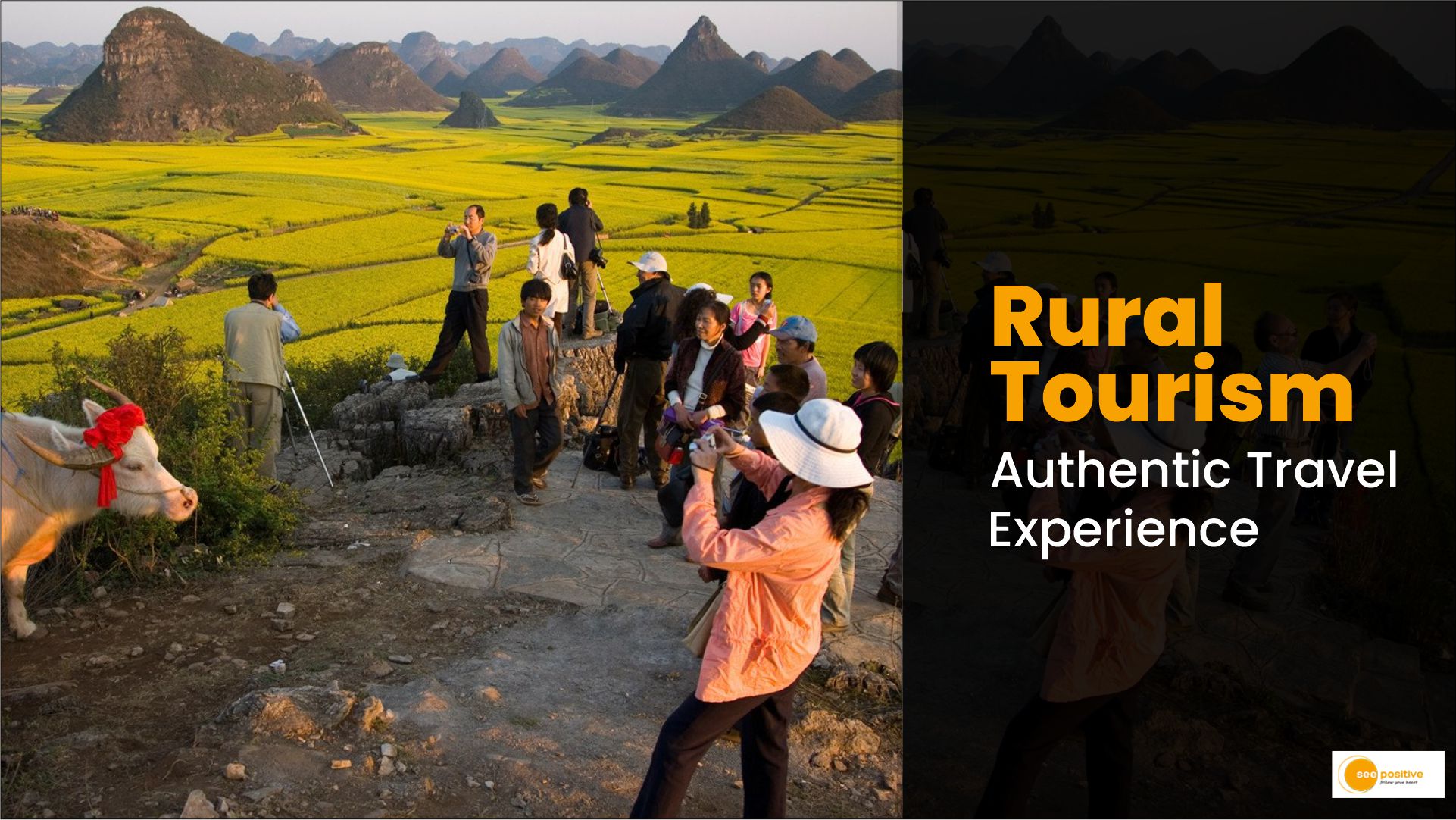Rural tourism is gaining popularity as more people seek unique and tranquil travel experiences. It offers an authentic and raw way to explore the world beyond the bustling cities and popular tourist attractions.
Let’s delve into what rural tourism is, its various types, and the numerous benefits it offers.
What is Rural Tourism?
Rural tourism is all about traveling to natural places that are far from urbanization. These places often rely on agriculture and have low populations. You can find accommodations in villages, cottages, homestays, farms, ranches, or eco lodges.
When you engage in rural tourism, you get the opportunity to immerse yourself in the local culture, connect with nature, and participate in various outdoor activities like camping, hiking, and outdoor sports.
The Benefits of Rural Tourism
Rural tourism offers several benefits that make it an attractive choice for travelers:
- Escape from the Crowds: When you travel to rural areas, you can truly escape from the hustle and bustle of city life. You’ll find peace and tranquility away from crowded tourist spots.
- Affordability: Rural areas often offer more budget-friendly options compared to touristy cities, making it easier on your wallet.
- Connection with Nature: Spending time in natural surroundings is a refreshing experience. It allows you to disconnect from technology and immerse yourself in the beauty of the outdoors.
- Support Local Communities: In developing countries, rural tourism is crucial as it brings direct profit to families living in remote and non-touristic areas. It also creates opportunities for local development, which can lead to improved living conditions.
- Reduced Negative Effects of Overtourism: Rural tourism helps reduce the negative impacts of over-tourism in popular destinations. By exploring less-traveled areas, you contribute to a more sustainable and responsible form of tourism.
Types of Rural Tourism
Now, let’s explore the different types of rural tourism:
- Eco-Tourism: Eco-tourism focuses on traveling to natural areas while being sustainable and responsible. You stay in eco lodges, eco hotels, or other accommodations that use renewable energy sources. It’s a great choice for environmentally-conscious travelers who want to connect with nature.
- Community-Based Tourism: This type of tourism encourages travelers to spend time with local communities. You stay in guesthouses in rural locations, often with underprivileged or marginalized families. It fosters cultural exchange, creates jobs, and helps the local community thrive.
- Environmental Volunteer Tourism: Environmental volunteers give back to the Earth by engaging in activities like gardening, planting trees, conservation efforts, cleanups, and recycling. It’s an ideal choice for nature lovers looking to make a positive impact.
- Outdoor Sports Tourism: Outdoor adventure tourism takes you to non-urbanized areas, such as mountains, lakes, rivers, and remote places. Activities like hiking, biking, rock climbing, kayaking, and rafting offer an opportunity to be more active and try new experiences.
Rural Tourism in India
India, with 64.61% of its territory classified as rural, offers incredible opportunities for rural tourism. Traveling through rural India provides an authentic glimpse into local life and an understanding of the challenges faced by rural communities. Consider volunteering with organizations like Worldpackers in India to make a positive impact:
- Stay in the heart of tea plantations and hills, volunteering at a charity home for underprivileged people. Tasks may include gardening, teaching, housekeeping, and nursing.
- Explore the rural Indian Himalayas while volunteering with a local NGO to improve the health and education of underprivileged populations.
- Learn about sustainable living on a farm with tea plantations, coffee beans, pepper, cardamom, and fruits, offering peace and tranquility in a natural setting.
Conclusion
Rural tourism provides a unique and fulfilling way to travel, with benefits ranging from cultural exchange and support for local communities to environmental conservation. Rural adventures offer a rich and responsible travel experience that connects you with nature and local cultures. India, in particular, is a wonderful destination for those seeking a deeper connection with rural life and the opportunity to make a positive impact.


